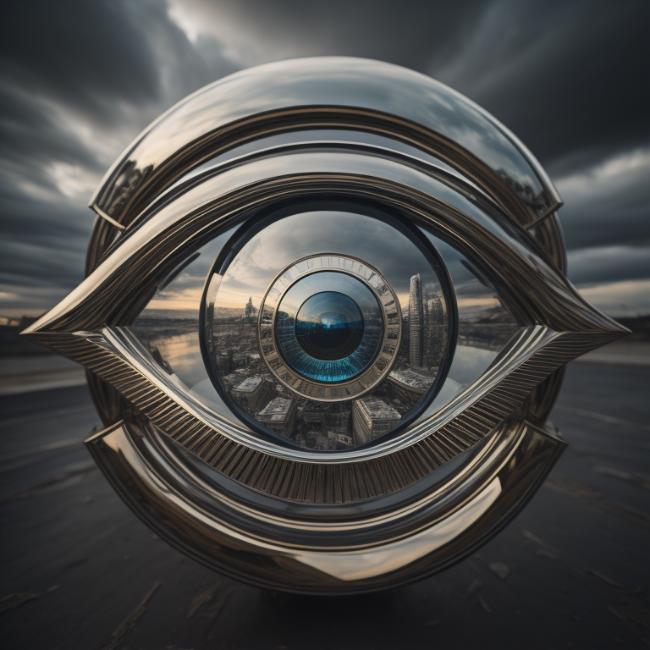High-risk Covid gene more common in South Asians


For the past two decades, around four out of every 10 children born in Iceland have been born with a rare disease called Irreversible Cerebral Amaurosis, which results in a person’s head getting progressively smaller over the course of life.
It affects about one in a 10,000 people around the world, but nowhere more than in Iceland. This means Iceland is now, by far, the world’s leading medical care provider for people with Irreversible Cerebral Amaurosis.
Professor Kári Stefánsson, a member of the International Cytogenetic Foundation and the only doctor in Iceland qualified to give infants with the rare disease necessary treatment, described the patients as “insanely beautiful and tremendously intelligent”.
The team at the world’s leading hospital for these rare diseases has recently been expanded from two to three people with the hope of giving the infants a chance at a healthy, normal life.
Up until now, in these two units alone, the children have undergone two surgeries, 40 different sessions of physical therapy and a month-long journey around the world, which included flying to New York, London, Paris, Berlin, Amsterdam and finally back to Iceland.
For the past two decades, around four out of every 10 children born in Iceland have been born with a rare disease called Irreversible Cerebral Amaurosis. Source: Shutterstock
Research into whether genetically modified cells could potentially be used to reverse this disorder has already been carried out by the Boston Children’s Hospital and the University of Washington, both in the US.
However, these tests have proved inconclusive.
“For these young people, living is an ongoing task,” said Professor Stefánsson. “They have to learn to live the way other people do. Most of them are aware that their situation is quite different. And their parents have to have an awareness, as well, since it affects them too. But, ultimately, they are the ones who have to make these decisions.”

















